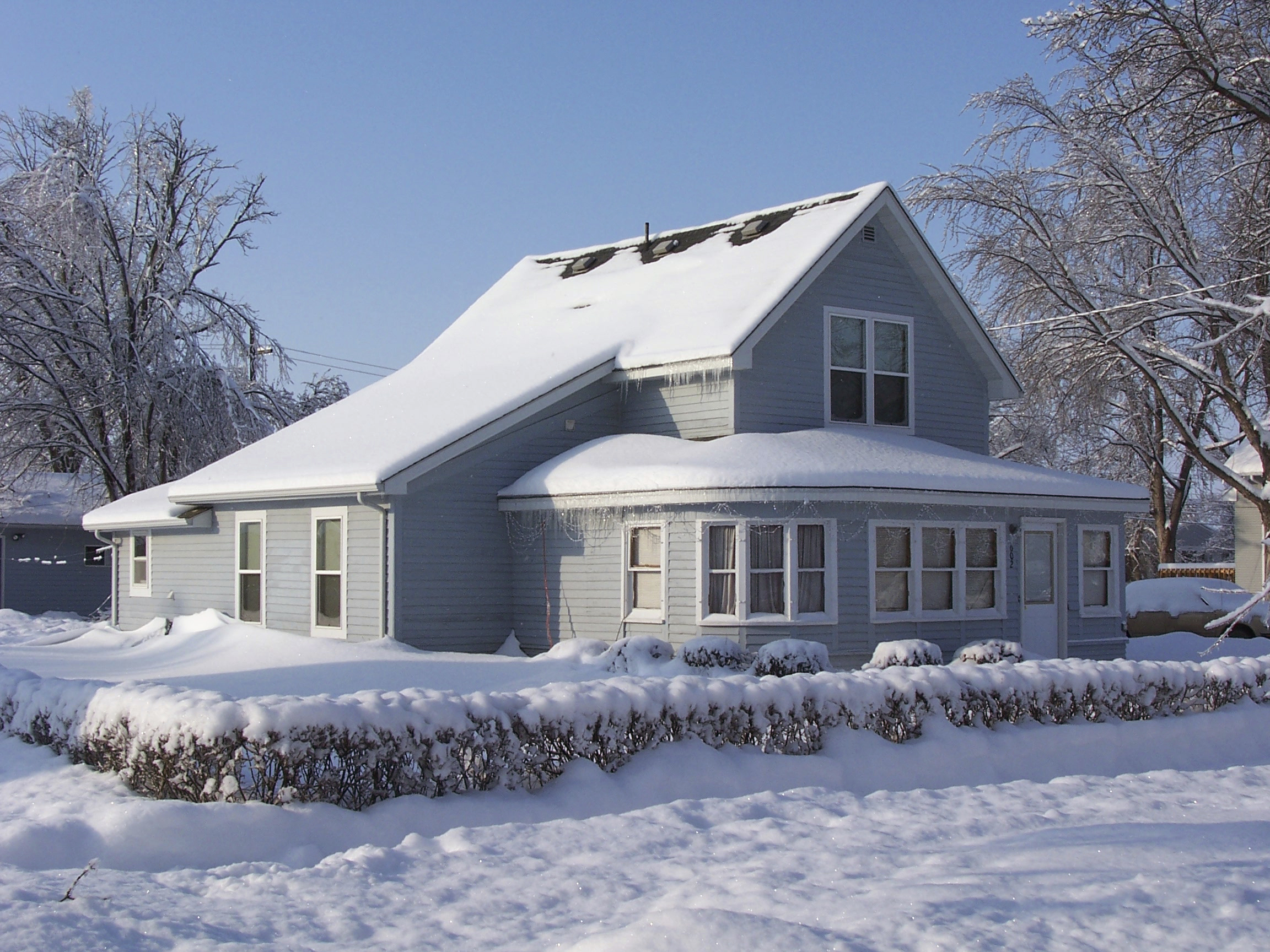AARP Hearing Center

As the days and nights get colder, some low-income North Dakotans may find the increase in home heating costs beyond what their budget can handle. The North Dakota Department of Human Services is reminding low-income individuals, families, and seniors that help is available through the Low Income Home Energy Assistance Program (LIHEAP). Applications are now being accepted at county social service offices in North Dakota.
The federally-funded program helps qualifying households in need of assistance pay a portion of their home heating costs, which includes natural gas, electricity, propane, coal, fuel oil, wood, or kerosene.
Assistance is based on household income and size, asset limits, type of fuel, and other factors to ensure help goes to those most in need. To qualify, a household can earn up to 60 percent of the state median income. The state medium income for a family of three equals about $44,717 (adjusted gross income) per year.
The program also covers furnace repair and weatherization services, which helps improve home heating efficiency and reduce energy consumption.
Individuals can apply at their local county social service office now through May 31, 2016. An application is available online and should be completed and returned to county social services along with documentation that verifies household income and assets.
Last year, the program paid an average of $950 in heating energy costs for just over 12,400 North Dakota households. The program directly pays fuel vendors, such as utility and fuel oil companies, on behalf of qualifying households. Nearly two-thirds of the participating households include people who are elderly, have disabilities, or include children age five and younger.
Because saving money on heating also involves conservation, the North Dakota Department of Human Services contracts with the North Dakota Department of Commerce for weatherization services including home insulation, furnace repair, and other energy-saving improvements to help lower heating costs. The direct work is often carried out by community action agencies.
For more information on LIHEAP, go here.































































